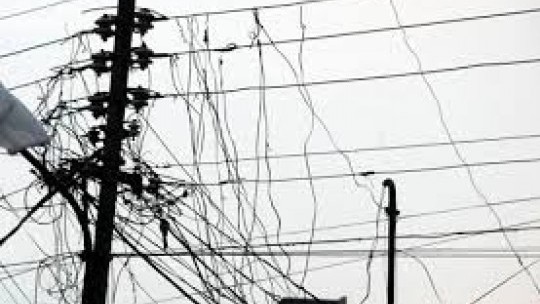The Jamaica Public Service Company (JPS) has quantified the flat rate it wants to charge newly connected customers in areas where there is a high incidence of electricity theft.
The JPS made the proposal of $8.62 to the Office of Utilities Regulation (OUR) in its recent application for inflation adjustment to its non-fuel rates.
It said the charge will be applicable whether the customer chooses prepaid or postpaid metering.
But the flat rate will only be applied to consumption of up to 150 kilowatt hours per month.
Customers using above 150 kilowatt hours per month,will have to pay the regular rate charged to other residential customers,for each extra kilowatt hour consumed.However, not all customers in areas of high theft will be eligible for the low flat rate.
The JPS has proposed that only new customers or customers who have been inactive for more than one year should be eligible for the special rate.
Under the community renewal programme, the JPS is seeking to convert 2,000 illegal customers to legal ones.
It has identified seven communities in Kingston and St Andrew for the project and pointed out that its count shows the communities which are McGregor Gardens, Denham Town, Arnett Gardens, Whitfield Town, Payne Avenue, Majesty Gardens and Tower Hill, have over 30,000 residents....but under 2,900 are potential customers.
The JPS said the communities have unemployment rates ranging from 31 to 75 per cent, adding that if its US$800,000 renewal programme is to work, the tariff will have to be affordable.
The OUR says the proposed rate and conditions will be subject to review at its next Annual Tariff Adjustment.
Reduction in electricity rates
The OUR says customers have been granted a further 0.1 per cent reduction in electricity rates.
The regulator says the reduction mainly results from changes in the foreign exchange base rate used on electricity bills outweighing an increase that would be due because of inflation.
Other factors affecting the reduction are an adjustment to the system and heat rate losses.
Each year, the light and power company applies for an adjustment to its non-fuel rate based on movement in inflation and the exchange rate but that is weighed against certain performance targets established by the OUR.








 All feeds
All feeds







